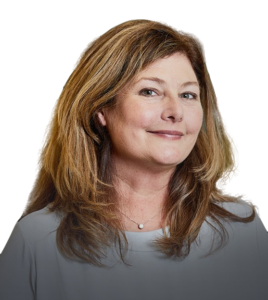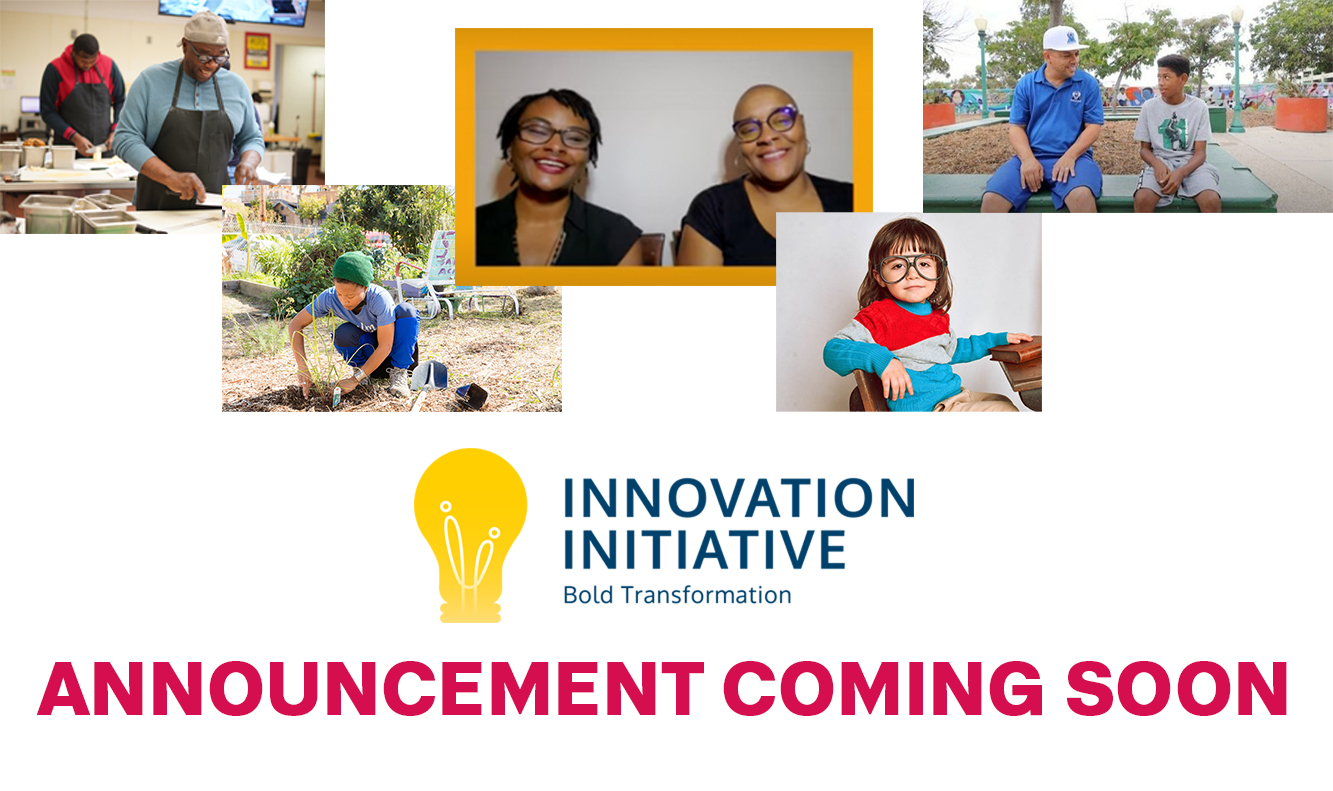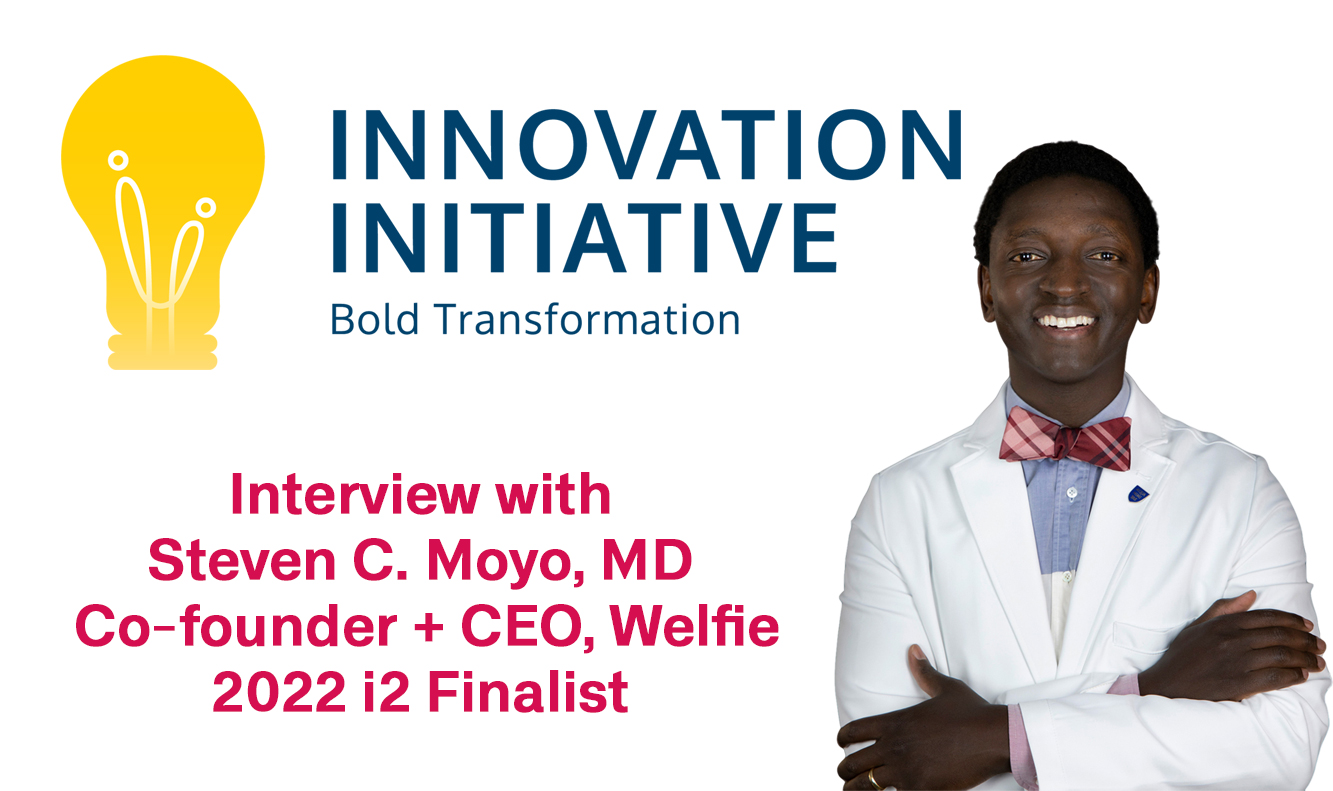November 17, 2022
Fighting Economic Inequality: Kitchens for Good (i2 Finalist)
Five Finalists Make their Final Pitch in December
One of the most efficient ways Alliance Healthcare Foundation can support population health improvement is by helping innovations succeed, scale, and achieve sustainability. We believe that your zip code, race, socioeconomic status, gender or ability should not determine your life expectancy.
Through the Innovation Initiative (i2) $1 Million Challenge Grant program, we help nurture and scale sustainable solutions aimed at closing gaps in health equity. We have supported (and have continued evolving) this Innovation Initiative since its inception in 2010.
Our 12-month capacity building and mentorship program for the 2022 i2 candidates is coming to a close as we near the final pitch event in mid-December. Innovation Partner Nex Cubed has been a tremendous asset on the journey, running workshops and providing mentors. A Challenge Grant awardee is expected to be announced at the beginning of 2023.
Here’s another installment of spotlights from one of the five i2 finalists. We trust you’ll find these organizations as inspiring as we do.
Kitchens for Good

Q&A with CEO, Jennifer Gilmore
Kitchens for Good (KFG) fights economic inequality by bridging the gap between job seekers often excluded from the workforce and San Diego’s robust hospitality sector. Through its apprenticeship programs, KFG has prepared more than 500 aspiring cooks, bakers, and food service managers with the skills needed to gain employment. Recognizing that people re-entering the workforce often need ongoing support, that replacing a cook costs employers more than $5,000, and food service establishments are struggling to find workers, KFG developed an alternative staffing enterprise, WORKS. Unlike traditional staffing agencies, WORKS provides ongoing training, health benefits, access to a 403b, career coaching, support services, and job placement with employers who are committed to high road employment practices. Over the next five years, KFG will scale WORKS to serve 1,600 job seekers annually and position the model to be replicated in other communities.
Here’s what the chief executive officer, Jennifer Gilmore, had to say recently about their i2 Journey experience so far.
AHF: What has surprised you most during the i2 program?
Jennifer: Eleven meetings a month are scheduled for finalists during Phase Three of the i2 program. We were wide eyed and concerned about making enough progress between meetings to have relevant material to discuss. Forty plus meetings later, we’re fans. We found brainstorming about an issue, landing on a possible solution, and having 48 hours to validate whether the solution works or not promoted rapid innovation, kept us accountable, and resulted in meaningful partnerships.
AHF: Has your innovation/solution changed during your i2 journey experience?
Jennifer: WORKS’ model stayed pretty consistent throughout the i2 journey. Most of everything else changed. The most significant outcome of the changes we experienced was finding our voice and ability to speak about WORKS from an informed place. We started the journey with five years of customer feedback and ample quantitative and qualitative data, so we knew WORKS would address certain pain points, but we weren’t sure if employers would pay for WORKS, if the industry could absorb 2,000 cooks and bakers a year, how we would significantly scale recruitment, and if we could find ample quality jobs within the sector. The i2 journey allowed us to test and validate our hypotheses and clearly see the impact WORKS has on job seekers and employers. That knowledge changes conversations about WORKS in a powerful way.
AHF: How has the i2 journey helped you prepare for other conversations with funders?
Jennifer: During the i2 journey, Kitchens for Good met with more than 80 customers to learn what they valued and struggled with. During the implementation of WORKS, we continued to get feedback weekly (okay sometimes daily) from our customers. Having the voices of the community we serve at the table throughout the entire process led to significant changes in our business model and shifted the framework for how we measure success. These learnings have transformed how we approach our work and will inform every conversation we have with funders moving forward.
Thank you for sharing, Jennifer Gilmore! Good luck in the final pitch, Kitchens for Good!
Related News

Jan 5, 2023
2022 i2 Challenge Grant Awards Announced
Doubling Our i2 Investment for Community Change; Two community-grown and […]

Dec 16, 2022
Final Pitches Made for i2 $1 Million Challenge Grant-Announcement Coming Soon!
Final Pitches Made for i2 $1 Million Challenge Grant-Announcement Coming Soon! […]

Nov 2, 2022
i2 Finalist: Welfie
Making Health Easy and Fun: Welfie (i2 Finalist) Five Finalists […]
